In a recent report, the International Monetary Fund (IMF) is once again calling for sweeping austerity across Europe, warning that without such measures, nations on the continent could face a “debt explosion.” The IMF’s European director, Alfred Kammer, stated that aging populations, rising health and defense expenditures, and growing energy security costs will place unbearable strains on state budgets.
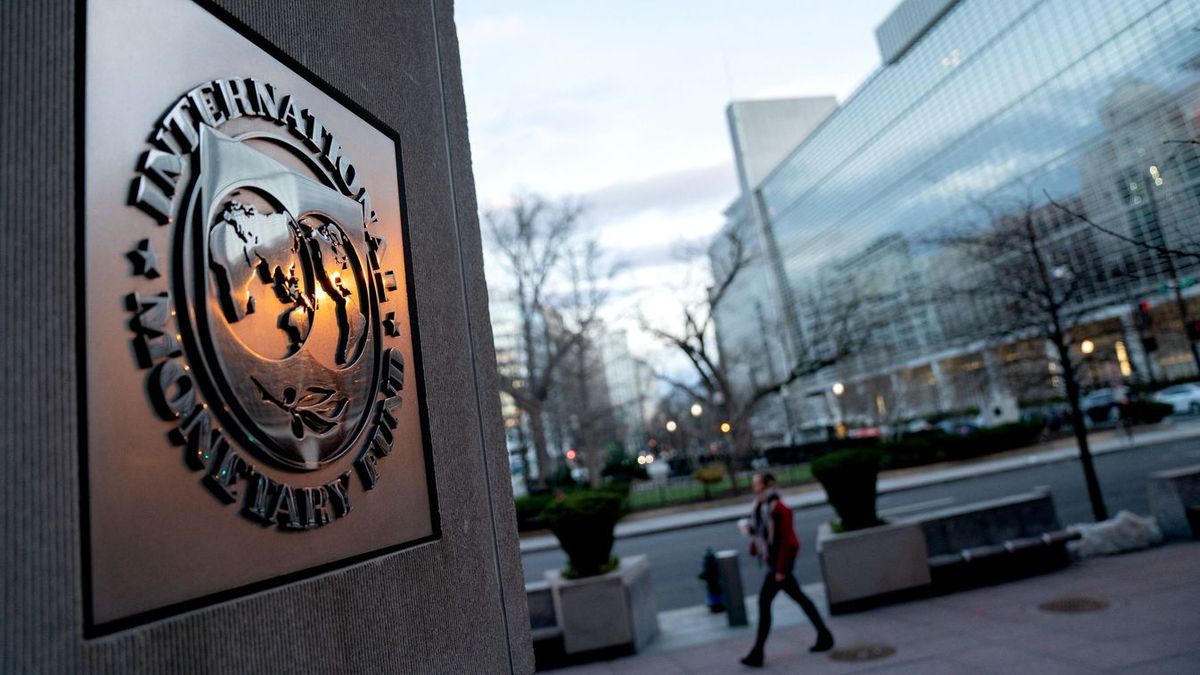
The IMF subsequently recommends a 3.5 percent cut in public spending over the next five years—particularly in countries such as France and Belgium. For Central and Eastern Europe, and especially for Hungary, the IMF prescribes a different “remedy”: tax hikes. Specifically, the organization promotes a progressive tax system and higher personal income tax rates. But that’s not all—the IMF also urges welfare reforms: raising the retirement age, increasing household energy and healthcare costs and reducing state subsidies.
Tax Increases—and More Tax Increases
According to the IMF, Eastern, Southeastern and Central Europe—Hungary included—still have “room” for further tax hikes and austerity, particularly in personal and corporate taxation. The Fund’s report argues that Hungary’s tax rates remain low, implying there is “fiscal space” to raise them—a tacit acknowledgment of the Orban government’s success over the past decade and a half in cutting taxes and leaving more money in the hands of Hungarian families. Those savings, in turn, have flowed into retail, hospitality, and household consumption, strengthening the domestic economy.
If implemented, the progressive income tax proposed by the Tisza Party would be among its most damaging economic measures. Previously leaked plans suggest that the current flat 15 percent personal income tax would remain only for a narrow group earning under five million forints per year (roughly €13,000). Above that, workers would face a 22 percent tax rate on incomes over 416,000 forints (approx. €1,080) per month, and 33 percent on incomes above 1.25 million (approx. €3,238). Reports also indicate the party would triple the corporate tax rate and impose steep, tiered taxes of 20 to 40 percent on investment income.

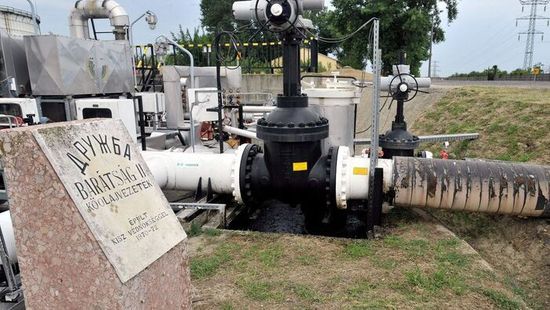

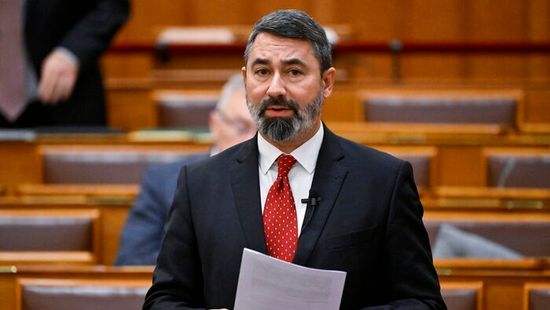
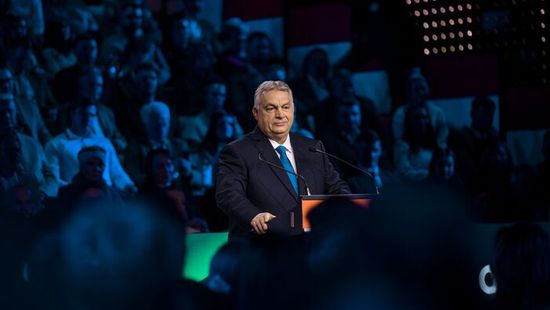












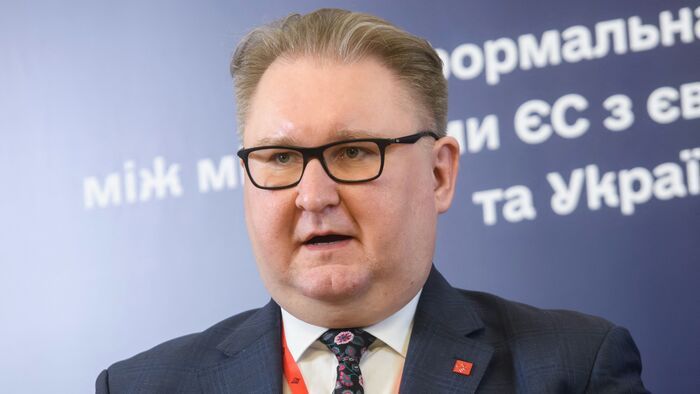





Szóljon hozzá!
Jelenleg csak a hozzászólások egy kis részét látja. Hozzászóláshoz és a további kommentek megtekintéséhez lépjen be, vagy regisztráljon!